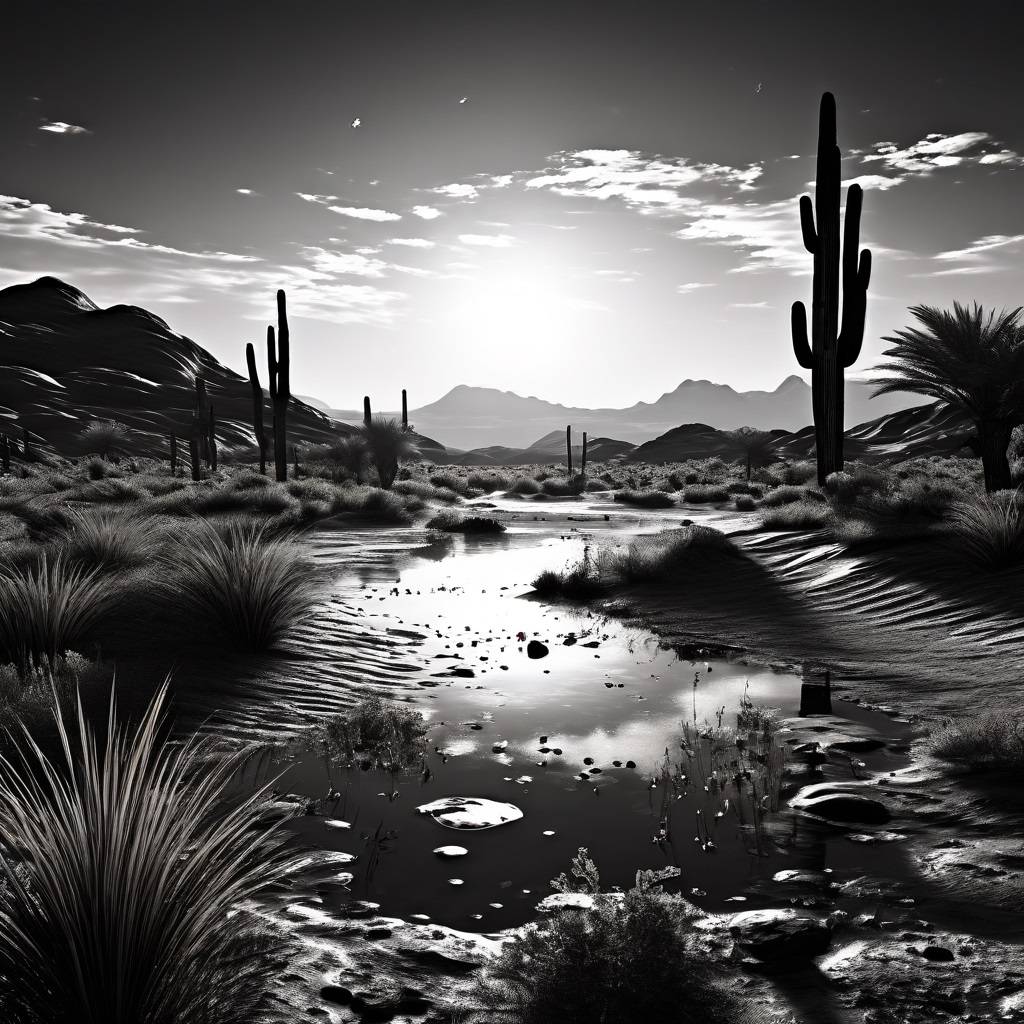TUCSON, Arizona (TLNA) – Over the past few decades, the management and utilization of water in Tucson have undergone significant transformations. With a growing population and limited water resources, experts emphasize the importance of strategic planning and preparation to ensure sustainable water access for all residents.
Dr. Sharon Megdal’s Insights
Dr. Sharon Megdal, the director of the Water Resources Research Center at the University of Arizona, sheds light on the current water scenario. She serves on various boards for water policy and has extensive experience in water management both locally and internationally.
Megdal emphasizes the challenges posed by a growing state with finite water supplies. Despite these challenges, she expresses confidence in the region’s water management practices. She highlights the need for prudent utilization of diverse water sources and encourages responsible behavior regarding water consumption.
One Water 2100 Master Plan
The City of Tucson’s One Water 2100 master plan plays a pivotal role in addressing water management challenges. This comprehensive plan focuses on integrating various water sources such as surface water from rivers, groundwater, stormwater, and recycled water. By analyzing these resources, the plan aims to optimize their utilization for long-term sustainability.
Sweetwater Wetlands: A Multi-Purpose Asset
Sweetwater Wetlands, an integral part of Tucson’s water treatment process, serves as both a recreational area and an outdoor learning environment. Constructed in 1996, these wetlands offer educational opportunities for the public while showcasing the interconnectedness between surface and groundwater.
Reclaimed Water: A Valuable Resource
The concept of reclaimed water plays a crucial role in Tucson’s water management strategy. Wastewater undergoes treatment and reclamation processes, ultimately being reused for irrigation purposes. This reclaimed water not only conserves precious drinking water but also contributes to the replenishment of natural water sources like the Santa Cruz River.
Challenges and Solutions
Despite current water management efforts, challenges lie ahead, particularly concerning the reliance on the Colorado River for drinking water. With increasing demands and uncertain water flows, adjustments are imperative. Dr. Megdal underscores the importance of conservation efforts and proactive planning to mitigate future risks.
A Call to Action
As Tucson navigates its water management journey, collaboration and collective action are essential. Individuals, communities, and policymakers must prioritize conservation efforts and adopt sustainable practices to safeguard this invaluable resource for future generations.
In this evolving landscape, awareness and proactive measures will be key in ensuring a resilient and sustainable water future for Tucson and beyond.
Watch Running Dry: Arizona’s Groundwater Crisis, an in-depth exploration of the state’s groundwater challenges, for further insights into this pressing issue.









Leave a Reply